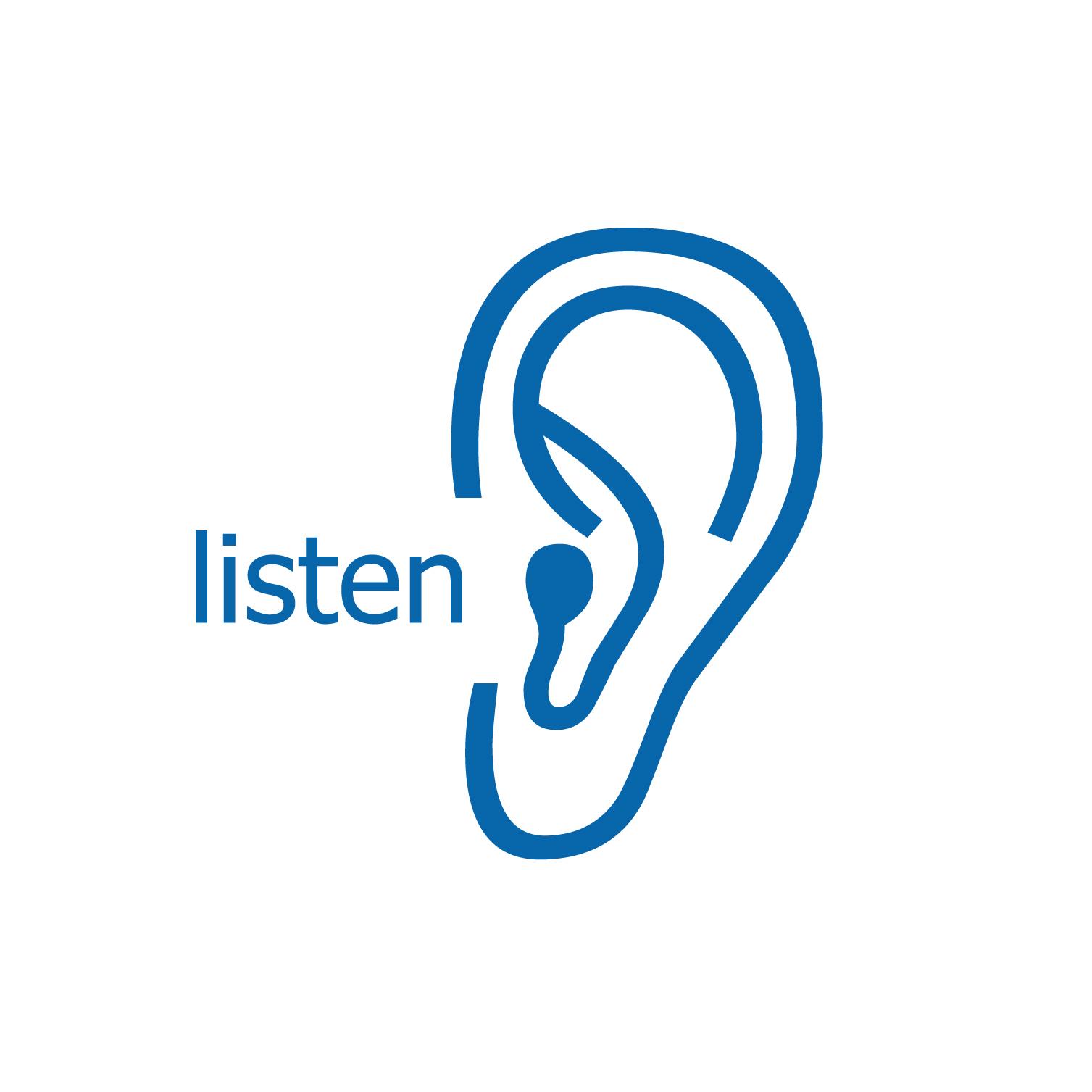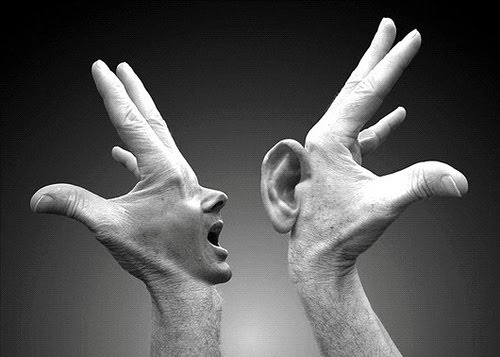 The 7 Habits of Highly Effective People By Stephen R. Covey
The 7 Habits of Highly Effective People By Stephen R. Covey
[The following is a synopsis of The 7 Habits]
HABIT 6: Synergize
When people come up with a solution that is better than what they both wanted alone: that’s called synergy. It’s not the same as compromise.
“Find a new and better solution”: You want to go on vacation at a lake to go fishing/but you want to go on vacation in B. You could be into martyrdom: they win, you lose. OR you could be into authoritarianism OR you could agree to communicate.
You have to say: let’s find a solution that we would both feel good about. I understand why you want to go on vacation to see your ill father but understand that I want to take the kids fishing as well. A mutual understanding will not always be lose/win, we create something that is not necessarily compromise. You could agree to go to a lake near her father. It’s Win/Win because you have satisfied both interests & your relationship is strengthen by this decision.

Compromise means 1 + 1 = 1.5
Legal, industrial disputes end up as compromise.
But synergy says that is more than the sum of their parts.
Example: I want the window closed, She wants the window open.
Why do you want the window closed?
A: Papers are being blown around.
Why do you want the window open?
A: Fresh air.
What can we do?
Open the window in another room.
[{The key point}]: Is that when people communicate with respect, then they can come up with solutions that work for everyone, and it is better than the sum of its parts. Canada is an example of a society that is not compromise but a synergy.
You can make a better alternative by being creative. Get deep in 4,5,6 AND use your creative capacities to produce opportunities to Win/Win.



